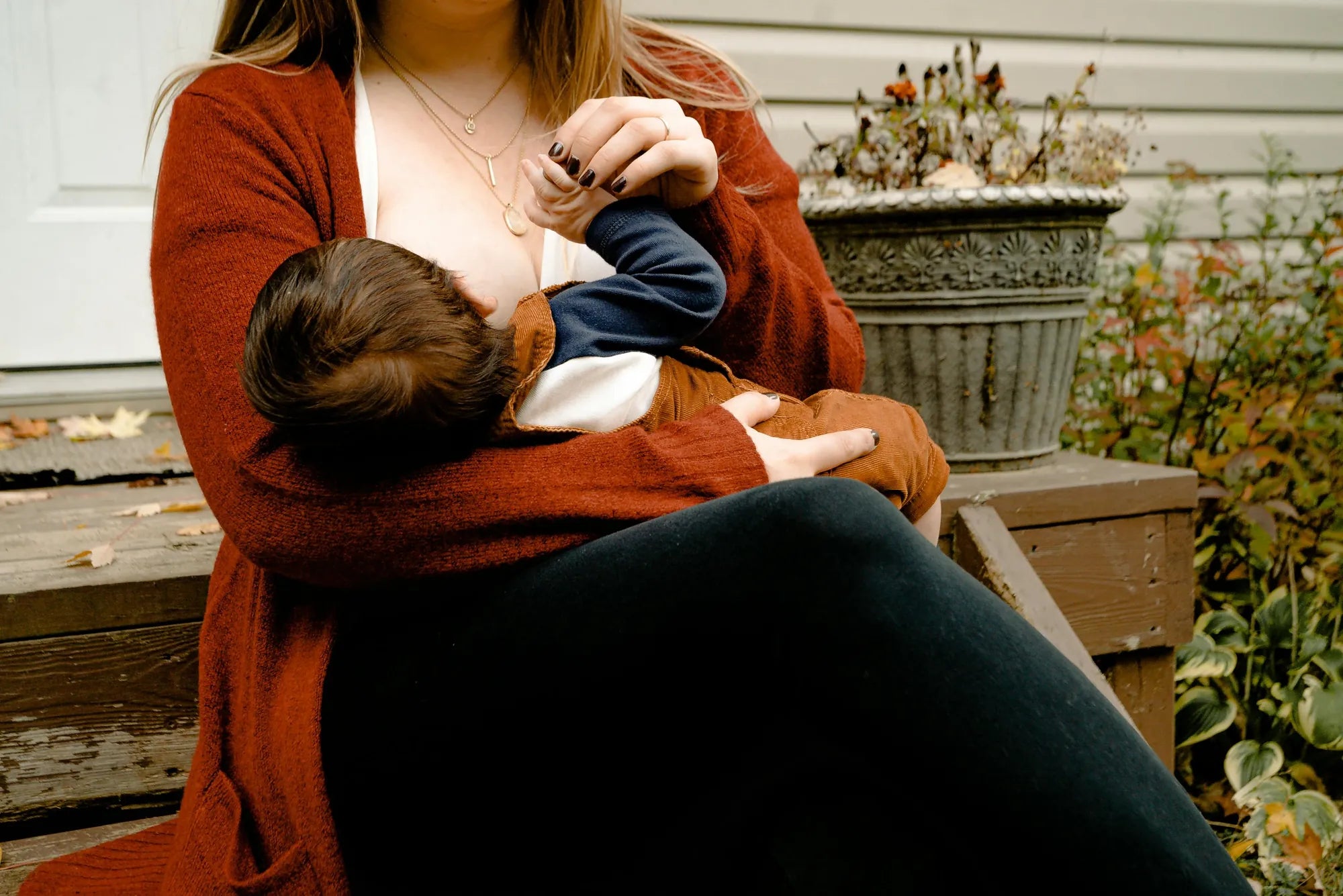Inicio
Pregnancy, Breastfeeding, and Pumping: The Ultimate Guide for Moms
Does Leaking Breast Mean I Need to Pump?

Does Leaking Breast Mean I Need to Pump?
Leaking breasts can be both a surprising and sometimes inconvenient part of the breastfeeding journey. Many new mothers wonder if this natural occurrence means they need to start pumping. Understanding the reasons behind breast leakage and how to manage it can help you make informed decisions about your breastfeeding routine.
What Causes Breast Leakage?
Breast leakage, also known as let-down reflex, is a common phenomenon during breastfeeding. It occurs when the hormone oxytocin triggers the milk ducts to release milk. This can happen when you hear your baby cry, think about your baby, or even when you are in a warm shower. Leaking is a sign that your body is producing milk and is ready to feed your baby.
Is Breast Leakage a Sign of Oversupply?
While breast leakage can be a sign of a healthy milk supply, it does not necessarily indicate an oversupply. Some women naturally leak more than others due to their anatomy or hormonal fluctuations. If you are concerned about oversupply, it is best to consult a lactation consultant who can assess your situation and provide personalized advice.
Does Leaking Mean I Need to Pump?
Leaking breasts do not always mean you need to pump. Pumping is typically recommended if you are separated from your baby, need to build a milk stash, or are experiencing engorgement. However, if you are exclusively breastfeeding and your baby is latching well, leaking may simply be a sign that your body is responding to your baby's needs. In such cases, pumping may not be necessary unless you feel uncomfortable or want to store extra milk.
How to Manage Breast Leakage
Managing breast leakage can help you feel more comfortable and confident. Here are some tips:
- Use nursing pads inside your bra to absorb leaks and prevent stains on your clothing.
- Wear dark-colored or patterned tops to camouflage any potential leaks.
- Apply gentle pressure to your breasts when you feel a let-down reflex to minimize leakage.
- Stay hydrated and maintain a balanced diet to support your milk production.
When to Seek Help
If you experience excessive leakage, pain, or other unusual symptoms, it is important to seek advice from a healthcare professional. These could be signs of an underlying issue, such as mastitis or a blocked milk duct, that may require medical attention.
Breast leakage is a natural part of breastfeeding and does not always mean you need to pump. By understanding the causes and learning how to manage it, you can navigate this aspect of motherhood with confidence. Whether you choose to pump or not, remember that every breastfeeding journey is unique, and what works best for you and your baby is what matters most.
Compartir


